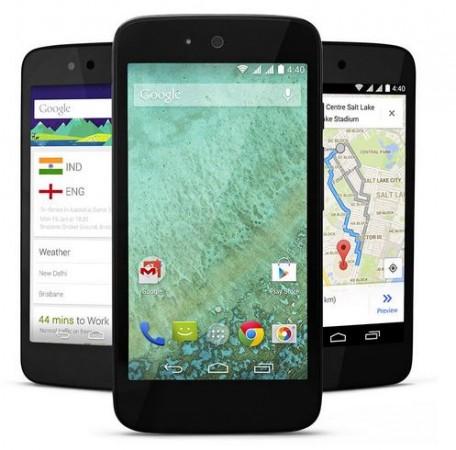
Google, similar to its Cupertino-based rival Apple, is always in the thick of things, as far as the smartphone industry is concerned. And while the company's Android mobile platform already claims a kind of cult following, there are still a number of handsets that are devoid of Google's mobile platform.
For the very matter, Google, last year, announced its Android One initiative. The idea was to bring Android smartphones to the lower end of the smartphone market in emerging countries. Apart from that, the company also promised swift software updates straight from Google, instead of OEMs and carriers.
And in what seems like an entirely new move, related to the company's Android One initiative, Google has announced that it will make data use free for some apps on Android One devices. While Android One users will rejoice the decision, other general Android users will wish for the system on their handsets as well.
Going by a latest report from The Information, Google will help ease the transition to smartphones for customers in emerging markets by the 'zero rating' data usage for some applications. This means for certain apps, users will not be billed for data usage. Also, it won't consume allocated data from the plans they have subscribed to.
Zero rating, according to the report, "has been around for years but typically comes in the form of one-off deals between a wireless carrier and an individual app developer like Facebook and WhatsApp," and is later promoted by both parties to their customers.
The new Google initiative aims to be much broader and potentially allowing any developer to zero-rate the mobile data used by their app.
Google is said to be currently working on this move with companies like Snapdeal and Flipkart in India, alongside other developers, who will approach Google to get their apps zero rated. Google, on the other hand, will work with mobile carriers to get zero rating for all the developers that it corresponds to.
While we wait to find out more on the 'Zero Rating' system from Google, it has to be mentioned that the system could turn out to be a major game changer for Google's Android One initiative that hasn't really kicked off the way it had hoped in the native smartphone market.
And after all, Android One is indeed targeted toward markets where mobile data coverage is often unreliable, apart from being relatively expensive. This is a combination that could discourage customers from purchasing smartphones, with more and more users feeling satisfied owning dated feature phones.
Stay tuned for more updates!

















